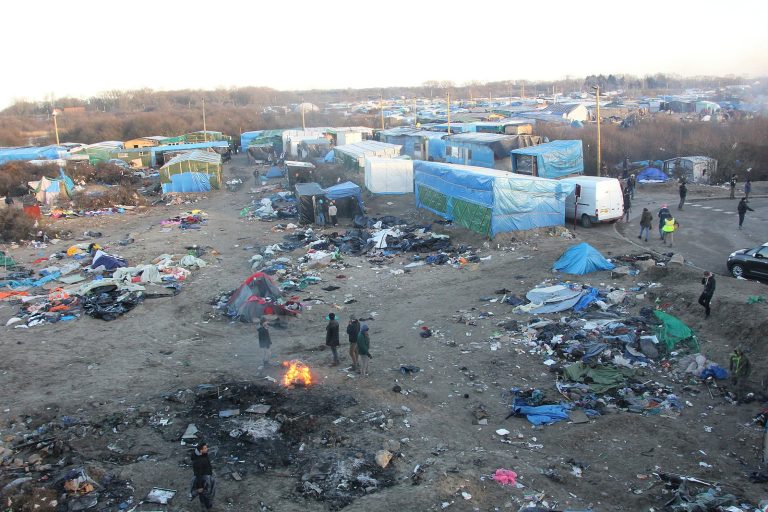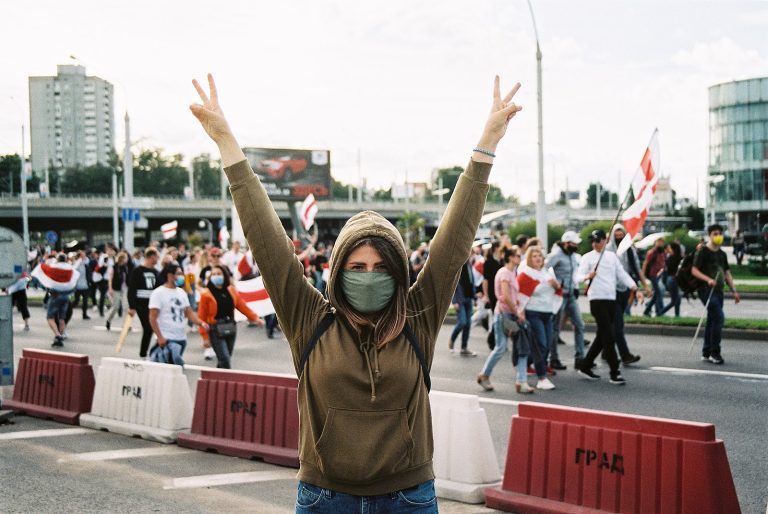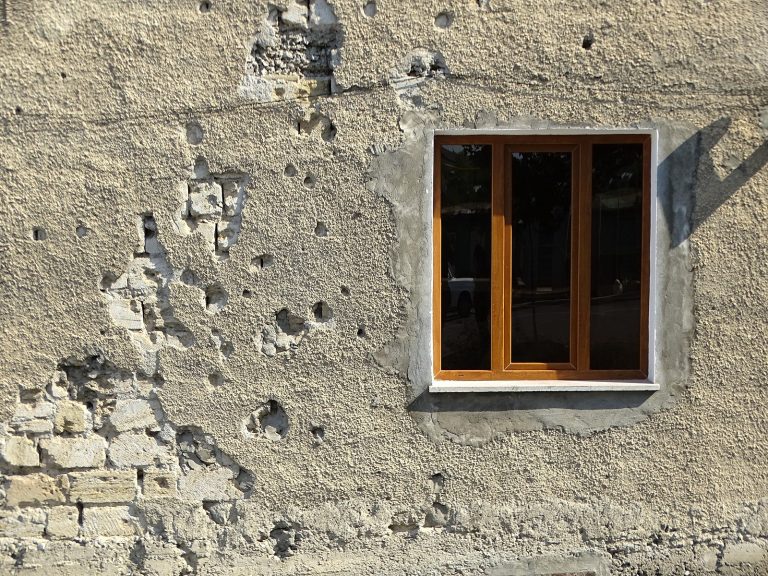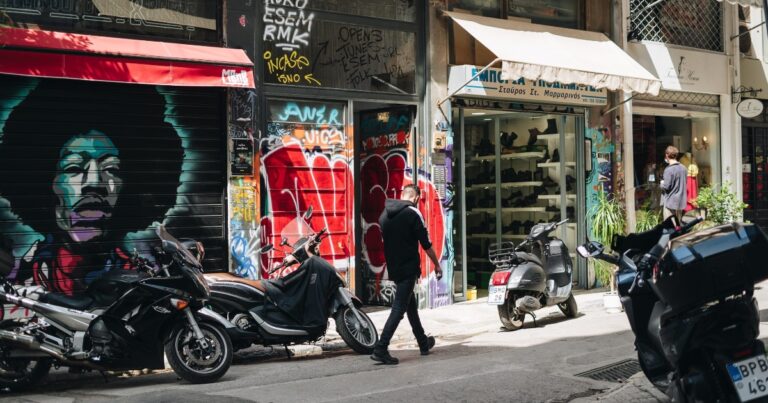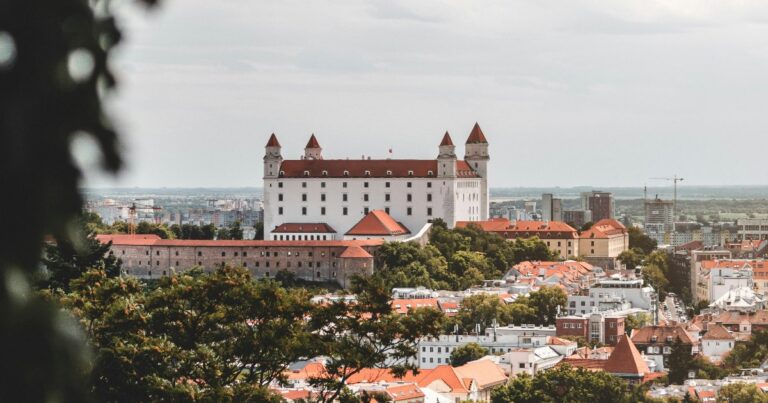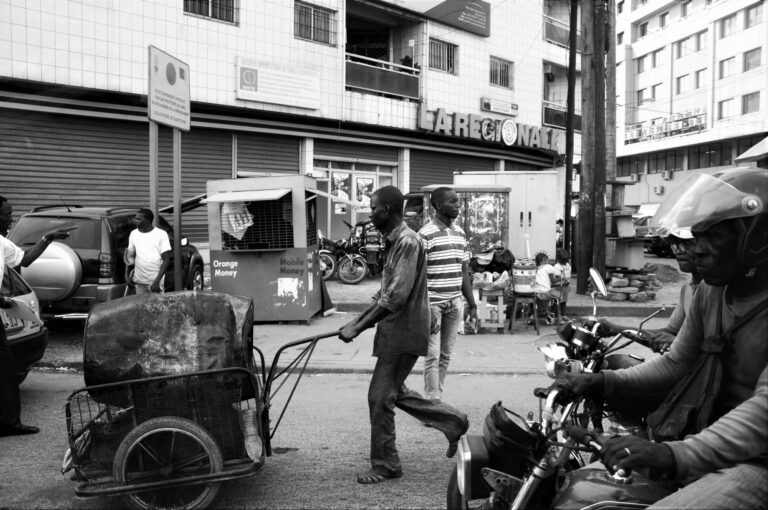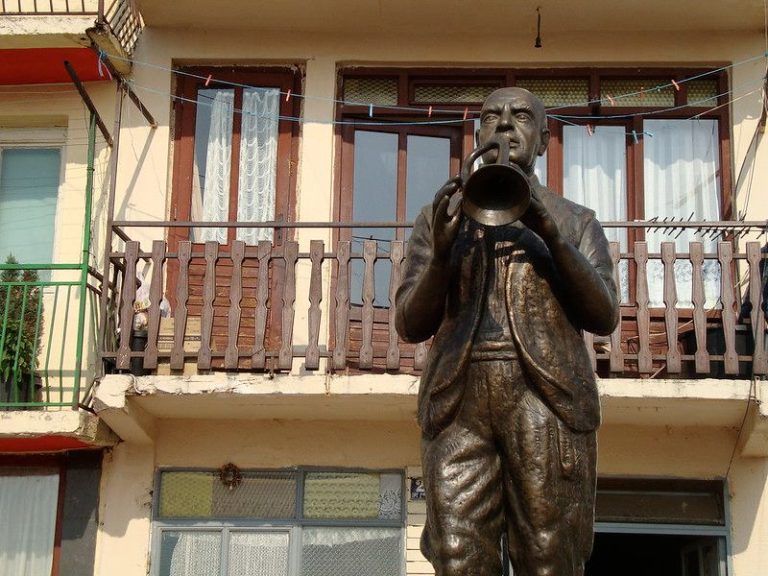I’m speaking to Stefan Vladisavljev, an expert on Chinese influence in the Western Balkans at the Belgrade Fund for Political Excellence. We discuss the harrowing story of Vietnamese workers who were exploited and abused by a Chinese company in Serbia and what this case tells us about international labor trends and Chinese influence in the region. It’s also an intriguing story about the way Serbia’s civil society activists stood up for international workers.
This interview was originally published on November 21, 2021, in Lazo Magazine’s weekly newsletter. It’s a conversation between Lazo Magazine’s founder and Editor-In-Chief, Cristina Maza, and Stefan Vladisavljev, an expert on Chinese influence in the Western Balkans at the Belgrade Fund for Political Excellence.
Cristina: How did you get involved in this issue?
Stefan: For the past couple of years, I’ve been closely following the Chinese presence in the Western Balkans and Chinese influence through foreign direct investments like infrastructure projects and preferential loan agreements. I’m basically following all topics that are China-related in my part of the world.
I became interested in the Vietnamese workers because the company involved is the biggest foreign direct investor from China in Serbia since the beginning of the contemporary relationship [between Serbia and China] in 2009.
It is estimated to have invested around 900 million euros since 2018.
China had large investments before that in Serbia. But those were mostly the purchase of already existing assets, like old industrial socialist factories. This one started from scratch.
It’s interesting to follow because there was never this much foreign direct investment coming from China in this part of the world before this.
Cristina: What can you tell me about Zrenjanin, the Serbian city where Vietnamese workers are building a factory?
Stefan: It’s in the northern part of Serbia, called Vojvodina. It’s an autonomous province in Serbia.
Vojvodina itself is separated into three different regions, and Zrenjanin is the biggest city in the Banat region in Vojvodina. It is the regional center. It has a population of around 80,100 people, approximately, since we haven’t had a census since 2011. But it is an old industrial regional center that dates back to the communist period.
It is recognized as one of the most vivid industrial centers in Vojvodina still today. It has significant companies from different countries, not solely Chinese investment. There are big companies and factories from Germany. There are also big domestic companies there.
Cristina: How did these Vietnamese workers become a national story in Serbia?
Stefan: The workers came to the attention of some local NGOs who realized they were being abused. They’re being kept in deplorable living conditions and experiencing terrible working conditions.
Ling Long is the name of the Chinese company that we’re discussing. It is constructing a tire factory. When the factory is finalized, they will produce car tires for export.
The factory is still under construction now. But because Ling Long is not a construction company, they must hire subcontractors for the construction. That subcontractor hired Vietnamese workers.
This is one of the concerns with Chinese companies in Serbia. They often bring subcontractors and workers from abroad. Usually, those workers are from China. But in this case, they brought workers from Vietnam.
A few days ago, one of the major television stations in Serbia produced a report about the dire living conditions of these Vietnamese subcontractors. They are living without electricity. They only have access to one liter of water a day per person. Ten people are sleeping in the same room, often without mattresses. They don’t have appropriate winter clothes. Right now, at night in Serbia, the temperature is around 0 degrees Celsius.
They also said the company took documents from the Vietnamese workers. Some weren’t paid regularly. They aren’t getting enough food.
Following these initial reports, civil society organizations began saying that we are dealing with a case of human trafficking.
I think that’s probably an overstatement. The workers said they signed contracts with an employment agency. They knew they were going to Serbia. But the conditions in their contracts have not been met.
Civil society organizations went to the factory to check on the situation on the ground, and they confirmed the media reports.
Then the organizations sent an official request to the relevant government institutions about the need to inspect the situation and find out why basic living standards and the labor rights of those workers are not in line with Serbia’s national laws.
Cristina: What was the company’s response to these complaints?
Stefan: The Ling Long company hired private security guards. That gained a lot of attention because there were confrontations between the security guards and activists. There was no physical confrontation. It was mostly verbal.
The whistleblower, a Vietnamese worker who spoke to the organizations and the media, got fired. So, the activists tried to get him out of the factory compound, but the private security guards wouldn’t allow them to take him.
But then some of the workers made a human shield between the whistleblower and the private security, and they managed to get the whistleblower out to the civil society activists.
After that, the company closed all the access points to the media. But some journalists had the phone numbers of the Vietnamese activists, so they are still getting some information out.
Cristina: What has the Serbian government’s response been?
The first response was quite broad. They said that there are regular inspections, and they did see any misconduct.
Later, they said that they had reported the bad conditions and some steps would be taken.
The Minister of Construction stated that the living conditions are poor, but the Vietnamese workers are getting paid $900 a month, so they could afford to find better accommodation if they wanted to do so.
After that, the Prime Minister [Ana Brnabic] said the workers would be moved from the compound to a better location. But she pointed fingers at the civil society organizations and political opposition and said they wanted to criticize all Chinese investment in Serbia.
Now the workers have been moved from the compound, and there is barbed wire around the compound. That would never have happened without civil society and the local activists.
But still, this is a trend. This isn’t the first time there have been reports about the abuse of foreign workers hired by Chinese companies in Serbia.
Cristina: Was it confirmed that the Vietnamese workers earned $900 a month? Did any whistleblowers confirm that?
Stefan: No. That was what the Minister of Construction said. The original reports claimed they were earning between 300 and 400 euros a month but weren’t always being paid regularly.
Cristina: What do we know about how these workers were hired and how they arrived in Serbia?
Stefan: My understanding is that an employment agency has hired them. You can reach out to employment agencies if you’re investing in Serbia, and they will make all the arrangements for the workers coming here.
There is also a company in Serbia doing this, and they have connections with Vietnam. There are also Vietnamese workers in other locations in Serbia. Some reports say the workers had to pay around $2,000 to get a job in Serbia. That amount would presumably cover transportation costs to Serbia.
Cristina: What is the legal status of these workers in Serbia?
Stefan: That is a tricky question. When our government signs contracts with the Chinese government, either for infrastructure projects or foreign direct investment, some clauses in the contract exclude workers from Serbian laws.
So basically, while they are working on constructing a Chinese factory, they are excluded from the implementation of Serbia’s regulatory framework based on bilateral agreements that Serbia signed with China.
It is not a usual practice, but it’s an exception that Serbia is making for Chinese companies. The workers are not subjected to our laws because they are working for the Chinese.
Cristina: What do you think this case says about Chinese influence in Serbia?
Stefan: Well, I would put the ball in the Serbian court. No investment is harmful or corrosive on its own. It’s about how you treat investments and what benefits you give to investors.
In the case of China, we have not set any kind of standards, and we have not set any conditions that China must respect.
In the past decade, China has really become an essential economic partner in Serbia, especially in infrastructural development. China is the leading provider of loans for much-needed infrastructure projects. Serbia relies on Chinese foreign direct investment. We have had around 2 billion euros in investment.
Whatever Chinese companies are doing here is because Serbia allows them to do it.
